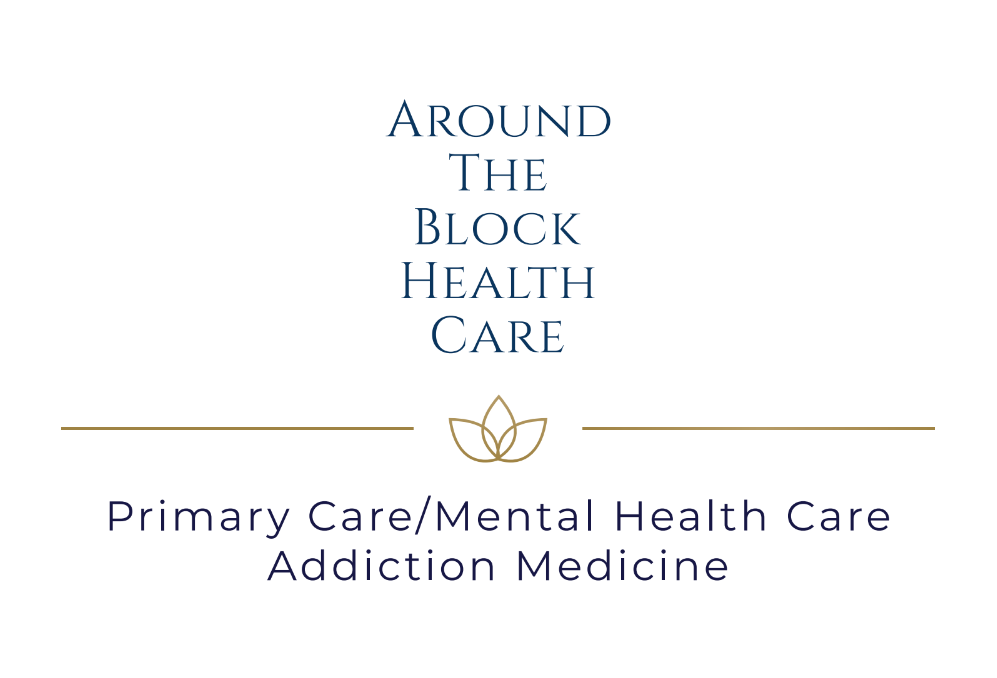
In the journey of substance recovery, the path to healing is often complex and requires a multifaceted approach. Integrated care emerges as a transformative model, combining mental health counseling, medication management, primary care, and recovery support all under one roof. This holistic approach not only addresses the diverse needs of individuals struggling with addiction but also provides a seamless continuum of care. By facilitating collaboration among various healthcare providers, integrated care ensures that every aspect of a person’s health is considered, promoting more effective and lasting recovery outcomes.
Moreover, integrated care plays a crucial role in breaking down barriers that often hinder access to essential services. By offering a comprehensive support system within a single environment, individuals feel more empowered to seek help and maintain their sobriety. This unified approach fosters trust between clients and providers, paving the way for open communication and compassionate care. In this blog, we will explore the value of integrated care in substance recovery, outlining its key benefits and demonstrating how it can lead to a healthier, more sustainable recovery experience.
Understanding integrated care: The holistic approach to substance recovery
Integrated care unites various aspects of health and wellness, offering a comprehensive solution for those in substance recovery. By merging mental health counseling, medication management, primary care, and recovery support within one cohesive framework, integrated care addresses the multifaceted needs of individuals battling addiction. This holistic approach recognizes that substance use disorders often coexist with mental health challenges and physical health issues, meaning that effective treatment must consider all these factors simultaneously. As a result, clients benefit from a more personalized and coordinated care experience that promotes overall well-being.
The essence of integrated care lies in its ability to create a unified treatment plan tailored to each individual. Clients receive consistent support from a multidisciplinary team, which may include therapists, doctors, and addiction specialists. This collaborative model fosters better communication between providers, allowing for timely adjustments to treatment strategies and more effective monitoring of progress. By eliminating the fragmentation often seen in traditional healthcare settings, integrated care enhances the recovery journey, offering clients a safe space where they can thrive and rebuild their lives.
Breaking down barriers: How integrated care fosters accessibility and trust
Integrated care eliminates the silos often found in traditional treatment methods, making it easier for clients to access the support they need. By bringing mental health counselors, medication management, primary care providers, and recovery support under one roof, integrated care simplifies the recovery journey. Clients no longer have to navigate multiple appointments and locations, which can be overwhelming and lead to missed opportunities for treatment. By offering a streamlined approach, integrated care lowers the barriers to entry, allowing individuals to receive holistic support tailored specifically to their unique needs. This seamless experience encourages clients to engage more fully in their recovery process.
Trust is a crucial element in the recovery journey, and integrated care builds that trust by fostering stronger relationships between clients and providers. When all members of the care team communicate and collaborate effectively, clients experience a consistent message and a unified approach to their treatment. This continuity helps clients feel seen and heard, as their care team is fully aware of their history, challenges, and progress. As clients engage more openly with their providers, they feel empowered to share their struggles and successes, ultimately enhancing their commitment to recovery. In this nurturing environment, clients cultivate a sense of belonging and support, which is essential for successful long-term sobriety.
A pathway to lasting sobriety: The benefits of unified support systems in recovery
Unified support systems in recovery significantly enhance the likelihood of achieving and maintaining lasting sobriety. When mental health counseling, medication management, and primary care services operate in concert, they create a comprehensive framework that addresses the multifaceted nature of substance use disorders. This cohesive approach enables providers to tailor treatment plans to each individual's unique needs, ensuring that every aspect of a client's health is considered. By having all services under one roof, clients are more likely to engage actively in their recovery journey, as they can easily access the support they need without navigating a fragmented healthcare system.
Moreover, the strength of these integrated support systems lies in their ability to foster long-term relationships between clients and providers. Trust is a critical factor in successful recovery; when clients feel they can rely on a consistent team of professionals who are familiar with their history and challenges, they are more inclined to be open and honest about their struggles. This transparency leads to more effective treatment adjustments and better outcomes over time. Ultimately, a unified approach not only cultivates a sense of community but also empowers individuals on their paths to sobriety, significantly reducing the risk of relapse and promoting sustained health and well-being.
 Around the Block Healthcare
Around the Block Healthcare

© 2025 Around the Block Healthcare. All rights reserved. | Built with ❤️ in Colorado
Stay updated on our news and events! Sign up to receive our newsletter.
Thank you for signing up!
Something went wrong. Please try again later.